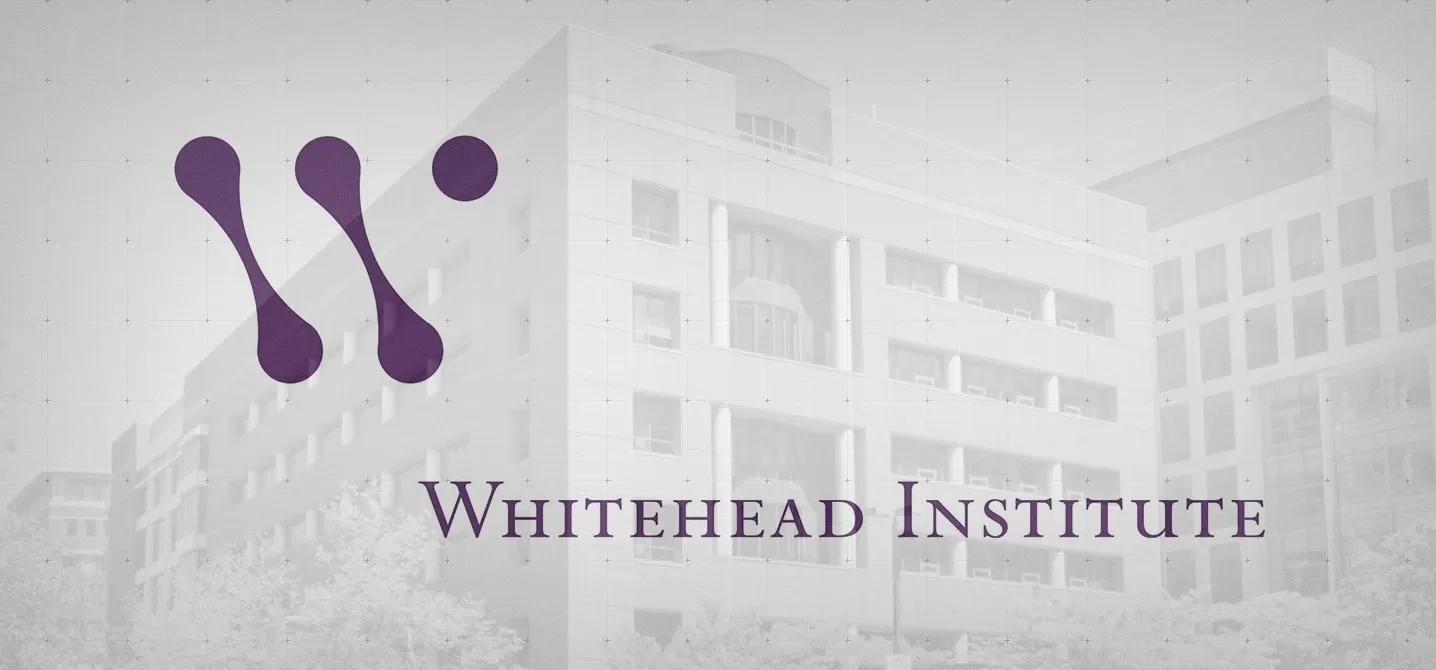Funding in the Pursuit of Balance

Anyone who has ever driven a car knows the importance of counterbalancing the gas and brake pedals. To function properly, our brains also require a delicate balance between excitatory (gas) and inhibitory (brake) inputs within neural circuits. Disruptions in the balance between excitation and inhibition (E/I balance) alter the connections between nerve cells and may trigger seizures and other neurological symptoms often observed in Rett Syndrome patients
Previously published work from Dr. Gong Chen’s lab at Penn State has demonstrated that a critical neuronal molecule called K+/Cl- cotransporter-2 (KCC2), is a downstream target of the Rett Syndrome gene, MECP2. KCC2 regulates both excitatory and inhibitory neural activities in the brain and is therefore an intriguing molecular target to restore the E/I balance in Rett Syndrome neurons. Indeed, it has been shown that overexpressing KCC2 in neuronal cells from Rett patients restores the impaired connections between neurons and normalizes the disrupted E/I balance. These findings raise the exciting possibility that administration of drugs that increase KCC2 expression may improve Rett symptoms. However, to date no enhancer compound of KCC2 expression exists.

With the funds just awarded by RSRT, I am now leading a screening effort in the lab of Rudolf Jaenisch at the Whitehead Institute in Cambridge, Massachusetts to identify drugs that can boost KCC2 expression. We are using cutting-edge CRISPR/Cas9 genome editing technology to insert a gene that reports KCC2 expression levels into human Rett Syndrome neurons. Our pilot screen had identified a number of hit compounds that we are now validating. The influx of new funding will allow high-throughput screening to identify more KCC2-enhancing compounds with improved pharmacological properties and validation of hit compounds.
I am excited to be working on a project that has the potential to alleviate suffering in Rett patients and I look forward to keeping RSRT and the Rett community apprised of our work.


